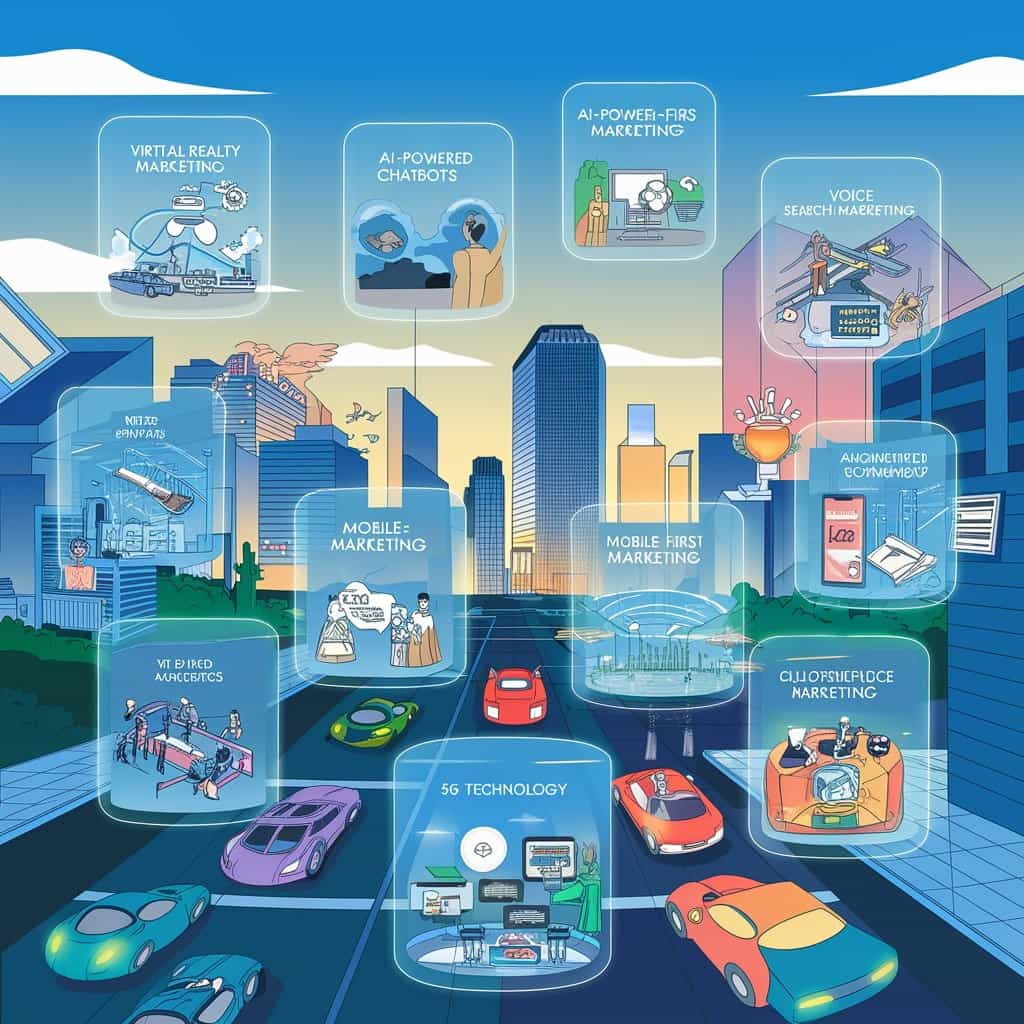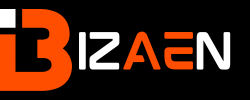Table of Contents
- 1. Digital Marketing Fundamentals
- 2. Artificial Intelligence (AI)
- 3. Digital Analytics
- 4. Digital Advertising
- 5. SEO
- 6. Content Marketing
- 7. Social Media Marketing
- 8. Digital PR
- 9. Influencer Marketing
- 10. Omnichannel Marketing
- In Summary: Get Key Decision-Makers Involved
1. Digital Marketing Fundamentals
As digital landscapes evolve, businesses must focus on core marketing principles that remain effective across all platforms. These fundamentals include audience segmentation, personalized messaging, and data-driven decision-making to optimize performance and engagement.
Example: A clothing brand uses customer data to personalize email campaigns, increasing open rates by 30%.
2. Artificial Intelligence (AI)
AI is revolutionizing digital marketing with predictive analytics, automated customer interactions, and advanced personalization. AI-powered chatbots, voice search optimization, and content generation tools are set to redefine how brands interact with their audience.
How AI Can Reshape Your Ecommerce Marketing in 2025
E-commerce businesses that leverage AI for product recommendations, automated ads, and dynamic pricing will have a competitive edge. AI-driven customer insights help brands understand purchasing behaviour and effectively personalize user experiences.
Example: Amazon’s AI-driven recommendation engine contributes to 35% of its total revenue.
3. Digital Analytics
Data-driven strategies will dominate in 2025, with businesses focusing on first-party data collection due to privacy regulations. Advanced analytics tools will enable real-time decision-making and predictive marketing to enhance campaign performance.
Example: Google Analytics 4 enables businesses to track user journeys more effectively, leading to better conversion insights.
4. Digital Advertising
With the decline of third-party cookies, contextual advertising, and first-party data strategies will become crucial. Programmatic advertising powered by AI will enhance targeting accuracy and optimize ad placements for better ROI.
Example: Coca-Cola used AI-driven programmatic advertising to boost engagement rates by 50%.
5. SEO
Search engine optimization will continue to evolve with AI-driven search updates and the increasing importance of user intent. Google’s helpful content update emphasizes experience, expertise, authoritativeness, and trustworthiness (EEAT) as key ranking factors.
How to Build a Successful SEO Consultancy
A successful SEO consultancy requires staying updated with algorithm changes, offering data-backed strategies, and delivering measurable results. SEO experts must integrate AI-driven insights and semantic search techniques to enhance website rankings.
Example: A local bakery optimized its Google My Business profile and saw a 200% increase in local search traffic.
Win Higher-Quality Links: The PR Approach To SEO Success
PR-based SEO strategies focus on building brand authority through high-quality backlinks. Creating newsworthy content, collaborating with journalists, and leveraging HARO (Help a Reporter Out) can significantly boost link-building efforts.
Example: A tech startup secured a feature in Forbes, earning high-authority backlinks and doubling organic traffic.

6. Content Marketing
High-quality, engaging, and informative content remains the backbone of digital marketing. Businesses must invest in video, interactive content, and AI-assisted content creation to capture audience attention and improve rankings.
From Conversations to Conversions: How Small Businesses Can Market Smarter
Small businesses must leverage AI-driven chatbots, social listening tools, and personalized messaging to convert conversations into sales. Intelligent marketing automation tools can streamline customer interactions and drive higher conversion rates.
Example: A fitness coach used Instagram DMs with automated responses to generate 40% more sign-ups for online coaching programs.
7. Social Media Marketing
Social media platforms will continue to evolve, with short-form video dominance, social commerce, and algorithm-driven content distribution. Brands must stay ahead by adopting platform-specific strategies and engaging with audiences in real-time.
How To Optimize TikTok Ads After You Set Up Your Campaign
Optimizing TikTok ads requires A/B testing, audience segmentation, and leveraging TikTok’s AI-driven ad recommendations. To maximize ad performance, brands should focus on engaging creatives and data-driven adjustments.
Example: A beauty brand optimized its TikTok ad creatives and increased click-through rates by 70%.
8. Digital PR
Building brand reputation through media coverage and influencer collaborations will be a key strategy. Digital PR helps brands earn authoritative backlinks, enhance brand visibility, and improve SEO performance.
Example: A fintech startup partnered with leading finance bloggers to enhance credibility and reach new audiences.
9. Influencer Marketing
Influencers will continue to shape consumer buying behavior. Businesses must prioritize micro-influencers, authenticity, and performance-based partnerships to drive better engagement and conversions.
Example: A skincare brand collaborated with micro-influencers on Instagram and increased sales by 45%.
10. Omnichannel Marketing
A seamless customer experience across multiple touchpoints will be crucial for success. Brands must integrate online and offline channels, ensuring a unified brand message and customer journey.
Example: Starbucks’ mobile app integrates loyalty rewards, mobile payments, and in-store experiences to drive customer retention.
In Summary: Get Key Decision-Makers Involved
To succeed in 2025, businesses must involve decision-makers in digital marketing strategies, leverage AI-powered tools, and adapt to emerging trends. Staying ahead of SEO, PPC, content marketing, and data analytics will be essential for long-term growth.








